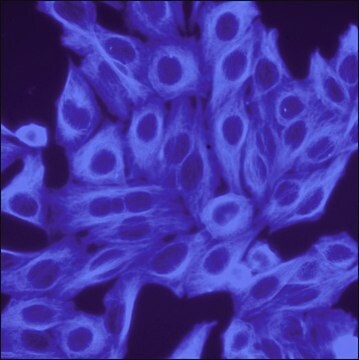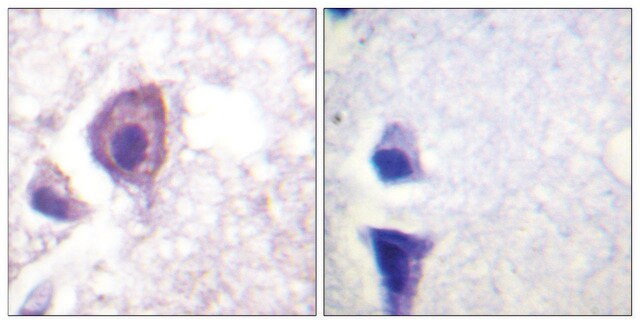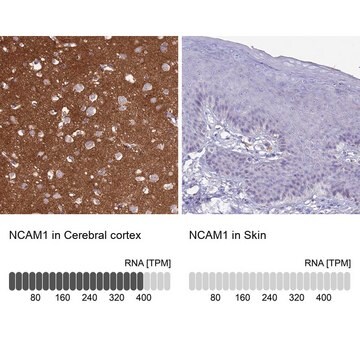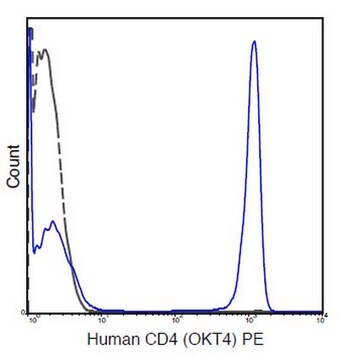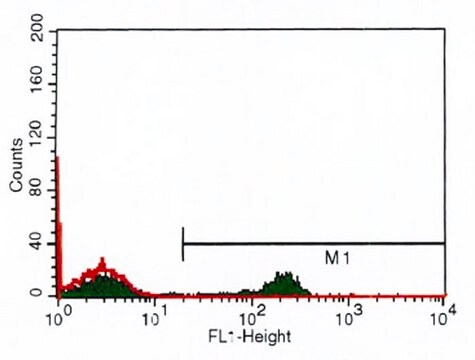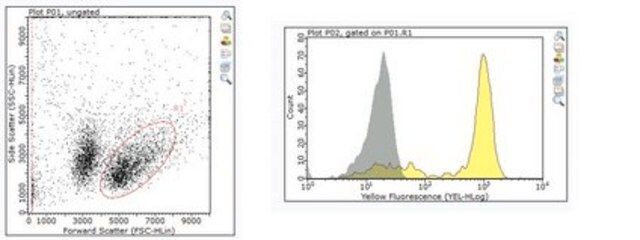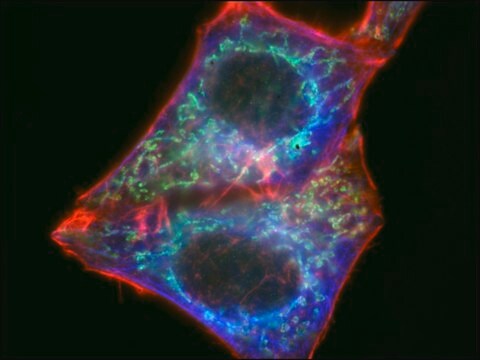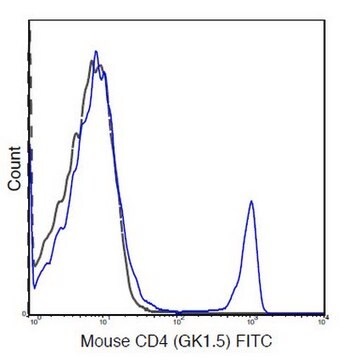SAB4700847
Monoclonal Anti-CD4 antibody produced in rat
clone GK1.5
Synonym(s):
L3T4, T4/Leu-3
About This Item
Recommended Products
biological source
rat
conjugate
unconjugated
antibody form
purified immunoglobulin
antibody product type
primary antibodies
clone
GK1.5, monoclonal
form
buffered aqueous solution
species reactivity
mouse
concentration
1 mg/mL
technique(s)
flow cytometry: 2 μg/mL
accession no.
NM_013488.3
shipped in
wet ice
storage temp.
2-8°C
target post-translational modification
unmodified
Gene Information
mouse ... Cd4(12504)
General description
Immunogen
Physical form
Disclaimer
Not finding the right product?
Try our Product Selector Tool.
Storage Class
12 - Non Combustible Liquids
wgk_germany
nwg
flash_point_f
Not applicable
flash_point_c
Not applicable
Choose from one of the most recent versions:
Certificates of Analysis (COA)
Sorry, we don't have COAs for this product available online at this time.
If you need assistance, please contact Customer Support.
Already Own This Product?
Find documentation for the products that you have recently purchased in the Document Library.
Our team of scientists has experience in all areas of research including Life Science, Material Science, Chemical Synthesis, Chromatography, Analytical and many others.
Contact Technical Service
